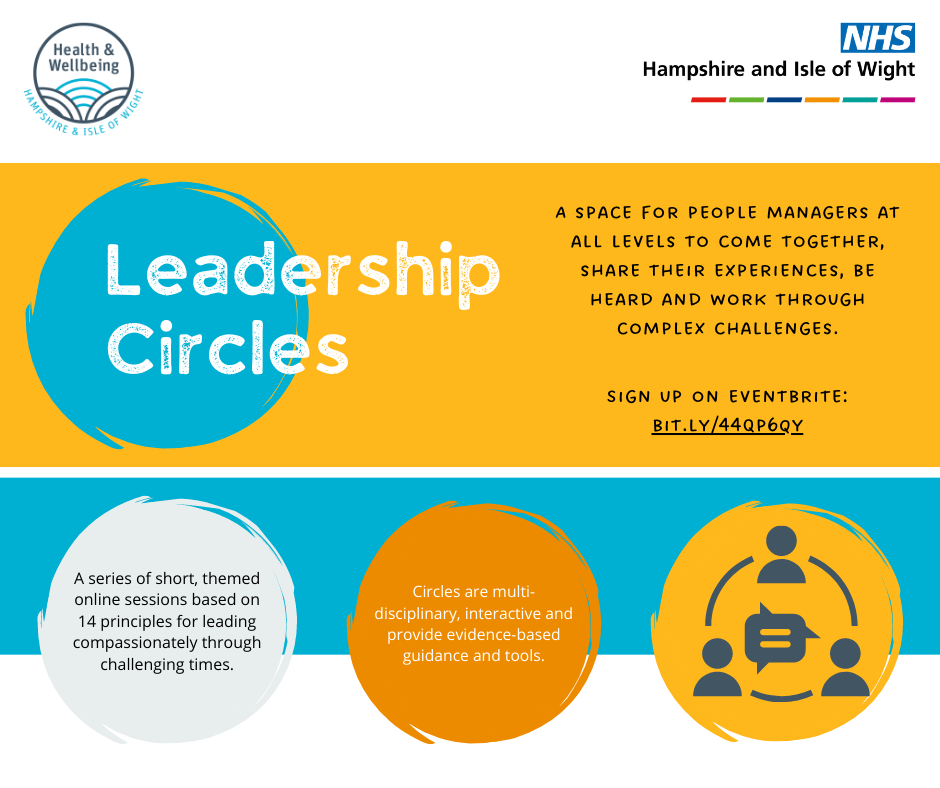Our EDNA team has been running a series of ‘Say Hello to EDNA’ sessions where colleagues meet the team behind our Employee Disability and Neurodivergence Advice Service. Each session has its own theme, and the most recent focused on how to be a supportive manager when you have team members with disabilities, long-term conditions, and/or neurodivergence.
Here are five tips to help managers on this journey.
1. Get recruitment right
Being a supportive manager starts right back at the recruitment phase: it’s vital to ensure you’re recruitment processes support those with disabilities. Ensure application forms and job descriptions are fully accessible. Include providing documents in large print, braille and for screen readers. Try to focus the job description on essential criteria rather than preferred criteria.
2. Have the conversation
It can feel daunting when you have little or no experience of managing colleagues who have disabilities. Managers aren’t expected to be experts. We encourage you to have open conversation with employees to determine what support is needed.
3. Consider the best environment
Colleagues with a neurodivergent condition such as ADHD, Dyslexia and Autism can find bright lights, loud noises and heavy patters on the walls difficult. Consider providing natural lighting, noise cancelling headphones or a quiet room they can retreat to, or consider allowing them to work at home.
4. Make use of assistive technologies
Assistive technologies can be a great help, such as screen readers to magnify the screen, voice recognition technology, hearing loop systems or amplified phones.
5. Look at journeys to work
How do your team get to work? Is public transport accessible enough or can you do something to assist? Access to Work can help with this
Access to Work
Access to Work is a government scheme to help those with a physical or mental health condition or disability.
Access to Work could give you a grant to help pay for things like:
- BSL interpreters, lip speakers or note takers
- adaptations to your vehicle so you can get to work
- taxi fares to work or a support worker if you cannot use public transport
- a support worker or job coach to help you in your workplace
Once a member of staff applies to Access to Work, they receive a workplace needs assessment, followed by a report of recommendations.
Access to Work will consider paying for 100% of recommendations for applications made in the first six weeks of employment. When cost-sharing applies (for existing employees) an employer of over 250 people would be expected to pay the first £1,000, then around 20% of costs between £1,000 and £10,000. Any balance above £10,000 will normally be met by Access to Work.
EDNA Disability and Accessibility Advisor, Lisa Richardson, says: “Remember, it’s far costlier to replace an employee than it is to adjust a workplace. It’s about knowing what’s important to them – not just what they need, but what they want, and as a result, enabling them not just to work, but to thrive.”
EDNA Disability and Accessibility Advisor, Alice Morris, adds: “EDNA is here to help break down any challenges or barriers you might face as a manager. We can work with you and other parties such as Occupational Health to find a way forward. Please signpost your employees to us if they are struggling.”
Click here to learn more about EDNA and how to refer yourself or sign up for the next Say Hello to EDNA session.




